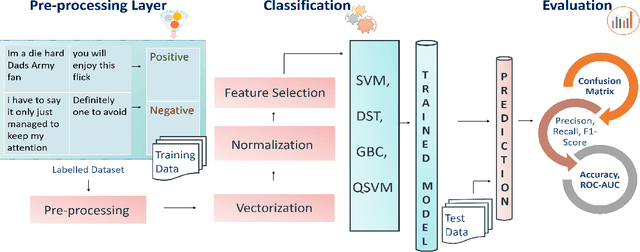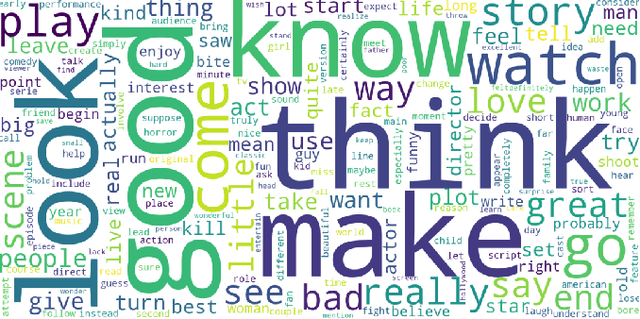Parvinder Singh
Advantages of quantum support vector machine in cross-domain classification of quantum states
Jun 30, 2024Abstract:In this study, we use cross-domain classification using quantum machine learning for quantum advantages to address the entanglement versus separability paradigm. We further demonstrate the efficient classification of Bell diagonal states into zero and non-zero discord classes. The inherited structure of quantum states and its relation with a particular class of quantum states are exploited to intuitively approach the classification of different domain testing states, referred here as crossdomain classification. In addition, we extend our analysis to evaluate the robustness of our model for the analyzed problem using random unitary transformations. Using numerical analysis, our results clearly demonstrate the potential of QSVM for classifying quantum states across the multidimensional Hilbert space.
A Comparative Study of Classical and Quantum Machine Learning Models for Sentimental Analysis
Sep 12, 2022



Abstract:We analyse and classify the sentiments of a text data constructed from movie reviews. For this, we use the kernel-based approach from quantum machine learning algorithms. In order to compose a quantum kernel, we use a circuit constructed using a combination of different Pauli rotational gates where the rotational parameter is a classical non-linear function of data points obtained from the text data. For analysing the performance of the proposed model, we analyse the quantum model using decision tree, gradient boosting classifier, and classical and quantum support vector machines. Our results show that quantum kernel model or quantum support vector machine outperforms all other algorithms used for analysis in terms of all evaluation metrics. In comparison to a classical support vector machine, the quantum support vector machine leads to significantly better results even with increased number of features or dimensions. The results clearly demonstrate increase in precision score by $9.4 \%$ using a quantum support vector machine as against a classical support vector machine if the number of features are $15$.
 Add to Chrome
Add to Chrome Add to Firefox
Add to Firefox Add to Edge
Add to Edge